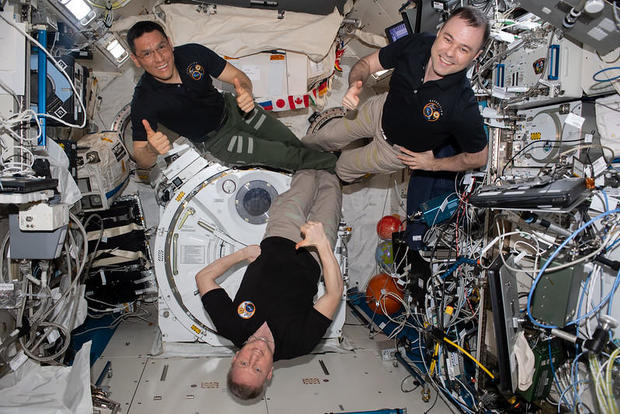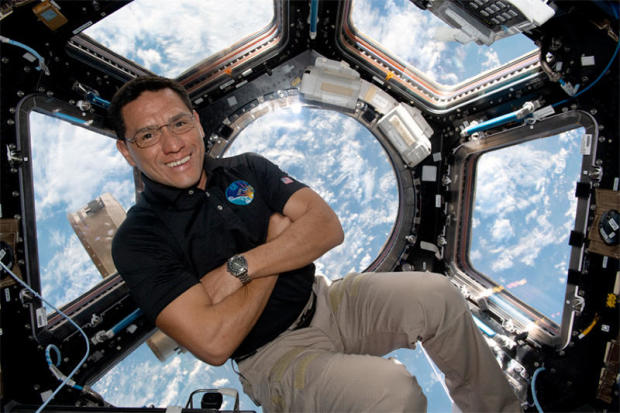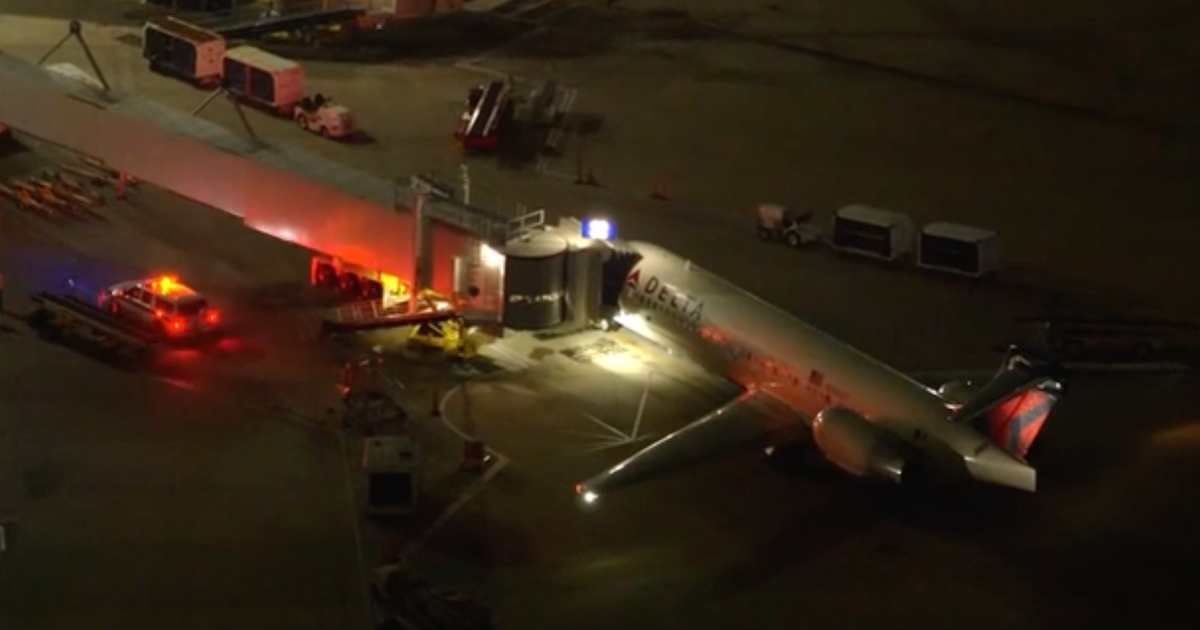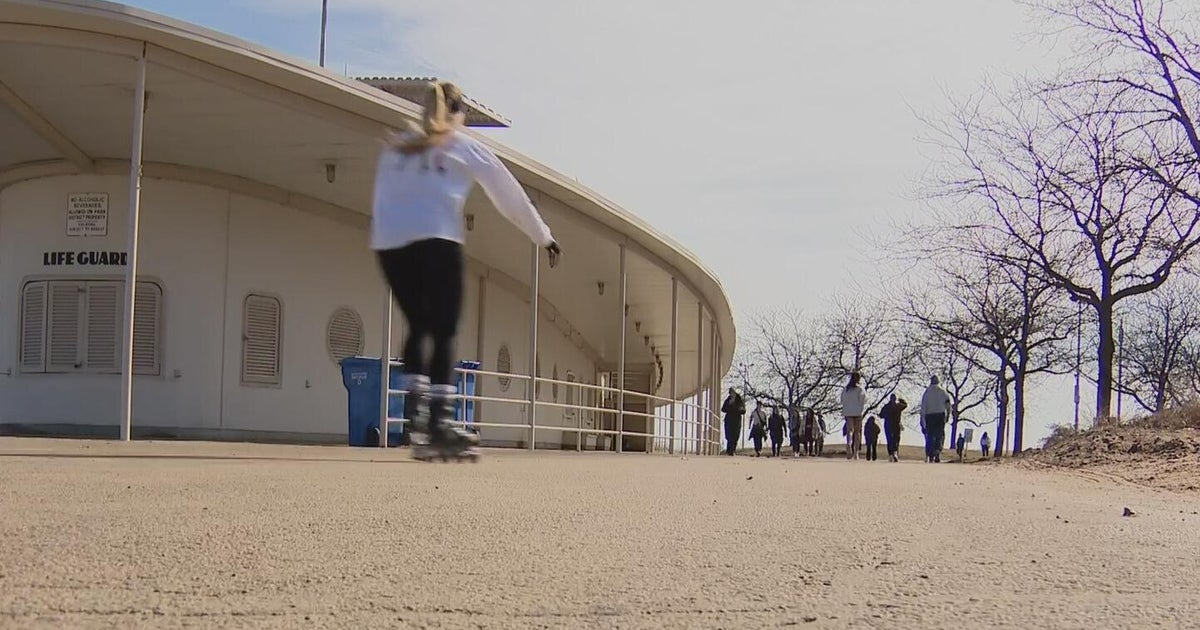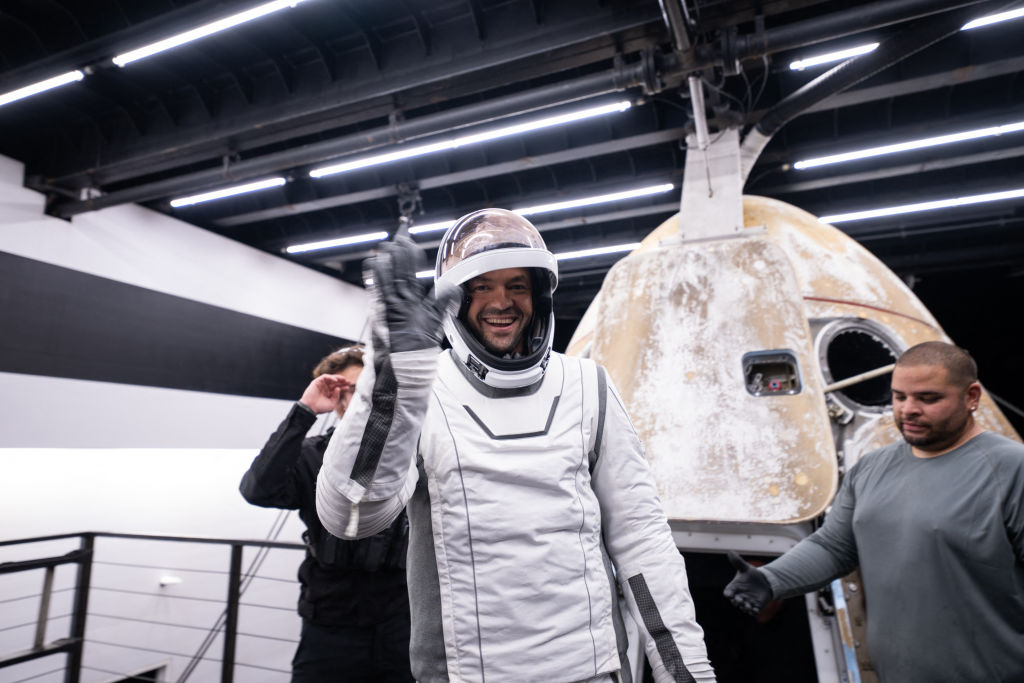NASA space station astronaut Frank Rubio sets new single-flight endurance record
Astronaut Frank Rubio, forced to spend an extra six months aboard the International Space Station because of trouble with his Russian ride home, set a new U.S. single-flight endurance record Monday, moving past Mark Vande Hei's 355 days off planet.
Rubio and cosmonauts Sergey Prokopyev and Dmitri Petelin plan to return to Earth aboard a replacement Soyuz ferry ship on September 27 to close out a marathon 371-day stay in space — the first flight longer than a full year by an American astronaut.
Launched last September 21, Prokopyev, Petelin and Rubio originally planned to come home in March, but their Soyuz MS-22 ferry ship suffered a massive coolant leak in December, presumably due to a micrometeoroid impact.
After an extensive analysis, the Russians concluded cabin temperatures likely could exceed safety limits during re-entry. So they opted to launch an unpiloted replacement Soyuz in February that carried out a successful automated rendezvous and docking.
In order to put the Russian crew-rotation schedule back on track, Prokopyev, Petelin and Rubio, a married father of four, were forced to extend their stay aboard the space station by an additional six months.
"On a personal level, it was pretty tough, just because I was missing my family and I knew I was going to miss some pretty big milestones, for my kids, especially," Rubio said in an earlier interview with The Associated Press.
"Birthdays, anniversaries, my son's going to head off to college this year, my oldest daughter is finishing up her first year of college," he added. "We've tried really hard to stay in touch with one another. ... My wife, my kids, they've been troopers, and they've really handled it incredibly well.
"And how well they've handled it has made it easier for me to just focus on work and make do with the hand we've been dealt."
On Monday, at 1:40 p.m. EDT, Rubio's time aloft moved past Vande Hei's previous record of 355 days 3 hours and 45 minutes, set at the conclusion of a space station mission that began on April 9, 2021, and ended with landing in Kazakhstan on March 30, 2022. At touchdown September 27, Rubio will have logged 370 days and 21 hours away from Earth.
"Frank thought when he flew to space, he would be here for six months," astronaut Woody Hoburg said before returning to Earth after his own six-month mission. "And partway through his mission, he found out that it was extended to a year.
"His leadership up here has been incredible. He's been amazing to work with. And Frank is just making a huge sacrifice, being away from his family for so long, and I just want to really recognize the service he's given to us aboard the space station."
The late cosmonaut Valery Polyakov holds the world record for the longest single spaceflight ‚ 437 days and 18 hours — a mark set aboard the Russian Mir space station in 1994-95. NASA astronaut Scott Kelly was the first American to log nearly a year in space (340 days), followed by Vande Hei (355 days), Christina Koch (329 days) and now Rubio (371 days).
Rubio, Prokopyev and Petelin will be replaced by a fresh Soyuz crew — Oleg Kononenko, Nikolai Chub and NASA astronaut Loral O'Hara — scheduled for launch Friday from the Baikonur Cosmodrome in Kazakhstan.
Kononenko and Chub also plan to spend a full year aboard the station. Next March, another Soyuz will blast off carrying veteran commander Oleg Novitskiy, NASA's Tracy Dyson and Belarus researcher Marina Vasilevskaya.
Novitskiy, Vasilevskaya and O'Hara will return to Earth about 10 days later. Kononenko, Chub and Dyson will remain in orbit until next September. At the conclusion of that year-long mission, Kononenko will have logged more than 1,000 days in space — another record — over five flights.
